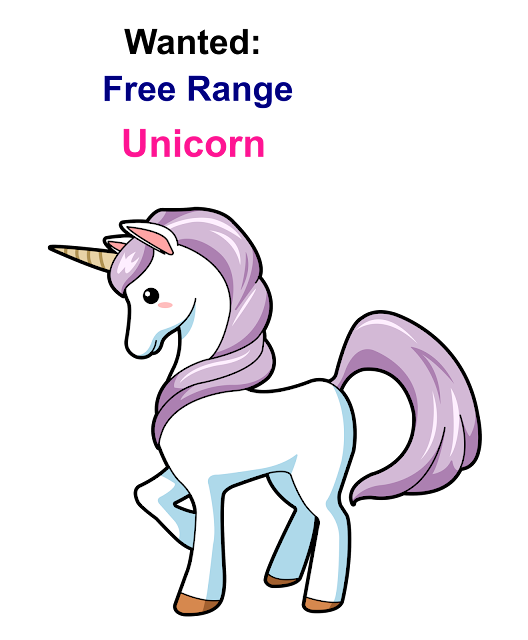Last week, I posted a response to an article I read in the East Cobber. Happily, I received several comments. Most agreed with me, a few disagreed. But then there was the troll.
What is a troll? I am so glad you asked. According to the Urban Dictionary, a troll is:
So, which commenter was a troll? How do I know it was a troll? I will leave out names, but here is the comment:
Let’s start with the first sentence. The troll repeats part of someone else’s comment. Now, repeating a sentence or two from another person is generally not only acceptable, but it is necessary if you are responding to that sentence. The repetition provides context for your statements.
But the troll does not respond to that statement at all. He simply repeats a seemingly random sentence from a previous comment. Hence, troll.
The next two line may or may not be bad humor. Either way, they represent a personal attack on Alison Bartlett. Troll.
The last statement is a classic troll statement. It does not provide new information to anyone, nor does it even cover the topic of either the blog article or any previous comments. That statement is there solely for the purpose of flaming all the women who had written before and after him.
So, how do you handle trolls? The generally accepted Internet rule is:
By that, I mean do not respond to trolls. Do not reply to their statements, do not reference anything a troll has to say. Do not give them the satisfaction of knowing that their comments meant anything to you. It only gives them more to digest and then fart back out into the flames.
So, remember dear readers, if you see a comment similar to the one from my article, just flag it as inappropriate (or as spam), and do not feed the troll.
What is a troll? I am so glad you asked. According to the Urban Dictionary, a troll is:
A person who, on a message forum of some type, attacks and flames other members of the forum for any of a number of reasons such as rank, previous disagreements, sex, status, etc.
A troll usually flames threads without staying on topic, unlike a "Flamer" who flames a thread because he/she disagrees with the content of the thread.
So, which commenter was a troll? How do I know it was a troll? I will leave out names, but here is the comment:
Re:" Hopefully the money trail will lead us into a direction that will make a recall unnecessary as they will be much deeper trouble for their participation in bribery"
Not only that, but my hairdresser (Sissy) says that Alison is Not a natural blonde!
No, really, seriously!
It would be nice if you women would get real jobs.
Let’s start with the first sentence. The troll repeats part of someone else’s comment. Now, repeating a sentence or two from another person is generally not only acceptable, but it is necessary if you are responding to that sentence. The repetition provides context for your statements.
But the troll does not respond to that statement at all. He simply repeats a seemingly random sentence from a previous comment. Hence, troll.
The next two line may or may not be bad humor. Either way, they represent a personal attack on Alison Bartlett. Troll.
The last statement is a classic troll statement. It does not provide new information to anyone, nor does it even cover the topic of either the blog article or any previous comments. That statement is there solely for the purpose of flaming all the women who had written before and after him.
So, how do you handle trolls? The generally accepted Internet rule is:
Do not feed the trolls.
By that, I mean do not respond to trolls. Do not reply to their statements, do not reference anything a troll has to say. Do not give them the satisfaction of knowing that their comments meant anything to you. It only gives them more to digest and then fart back out into the flames.
So, remember dear readers, if you see a comment similar to the one from my article, just flag it as inappropriate (or as spam), and do not feed the troll.


No comments:
Post a Comment
Feel free to agree or disagree, just be polite.